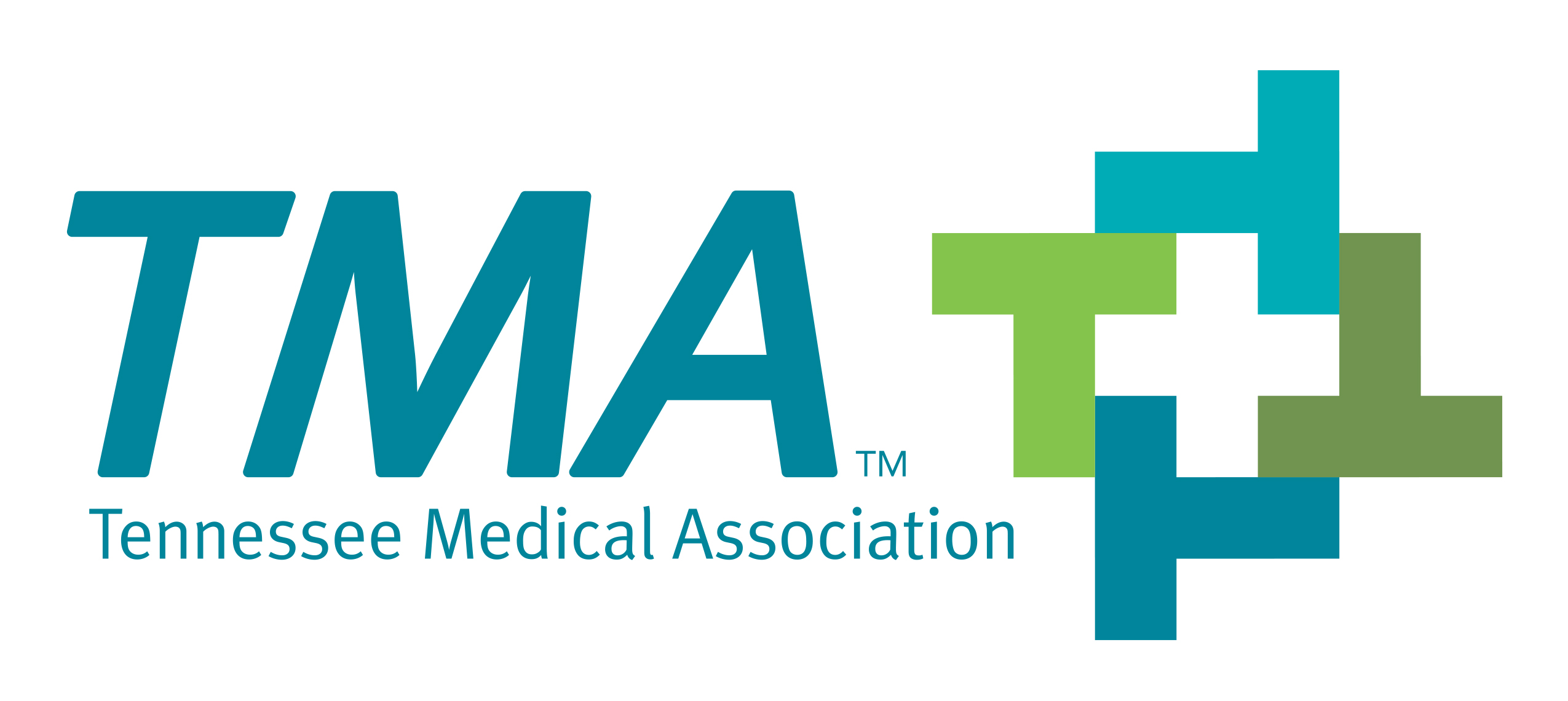Lawmakers Pass FY25-26 Budget, Unfunded Bills Stall for the Year

Lawmakers Pass FY25-26 Budget, Unfunded Bills Stall for the Year
On Wednesday, lawmakers approved a $59.8 billion budget for the 2025-2026 fiscal year, moving the Tennessee General Assembly one step closer to its anticipated adjournment date of early next week. The passage of the budget represents a slightly higher spending plan than the $59.5 billion budget originally proposed by Gov. Lee earlier this year, while at the same time reallocating nearly $180 million away from executive branch priorities toward legislative initiatives. Some key priorities that were eliminated include $60 million for a starter home initiative proposed by Lee, as well as reduced funding for the Duck River conservation project.
Some of the largest new expenses in this year’s budget include $447 million for Lee’s private school voucher program, $597 million toward disaster relief for Hurricane Helene victims and $1.5 billion to the Tennessee Department of Transportation to be used toward chipping away at the nearly $40 billion worth of backlogged road projects. The final budget also allocates $42.5 million toward a grant pool for community services, which includes everything from emergency medical services, to senior centers, to volunteer fire departments.
Despite economic uneasiness and flattening revenues, lawmakers added $35.6 million to the state’s rainy day fund, bringing its total to a historic high of $2.2 billion. Republican leadership argued that should a downturn in federal funding occur, the state’s budget would be at least partially offset by the fund. Still, with nearly 40% of state revenue coming directly from federal sources each year, it’s possible some agencies could face significant cuts.
The prospect of looming federal budget cuts also appeared to have some impact on which legislative proposals were funded this year. In particular, nearly all initiatives related to TennCare were categorically shelved as uncertainty grows about Medicare and Medicaid. Among those: TMA’s budget appropriation request that would have allocated money out of TennCare reserves to pay for one-time bonuses for physicians, advanced practice registered nurses and physician assistants who participate in the TennCare network. Though unsuccessful this session, efforts to improve network adequacy by increasing provider rates will remain an ongoing priority for TMA as the government affairs team continues to strategize on long-term solutions.
But while TennCare providers missed out on a piece of the pie, a sizeable portion of shared savings generated from the block grant went to fund needed healthcare initiatives in the state. The 2025-2026 FY budget allocates $78 million to assist rural hospitals with uncompensated care and $4 million to complete capital projects at county health departments, a win from a public health perspective.
UNFUNDED BILLS
Among many bills held up by stagnating revenues in the final days of session, several pro-healthcare bills TMA tracked were put on the proverbial chopping block during budget negotiations. Though not officially dead, their passage is effectively halted for the year. Should budget predictions improve in the coming year, the following proposals could clear the legislative finish line and become law in 2026.
- Tennessee Medicaid Modernization and Access Act of 2025 (SB334/HB372) – establishes a process to update TennCare reimbursement for obstetrics-gynecology, primary care, outpatient mental health and substance use disorder services. These health care providers could receive additional incentive payments based on metrics for quality of care and improved patient access, particularly in rural and underserved areas of the state. With a nearly $600 million fiscal note, this bill was taken off notice in the House Finance, Ways & Means Subcommittee on Monday.
- Maternal Health Pilot Program (SB898/HB867) – establishes a pilot program under the Division of TennCare to authorize remote patient monitoring devices for pregnant patients in order to collect data related to maternal hypertension and maternal diabetes. The program is designed to provide early intervention and better maternal outcomes. A significantly reduced fiscal impact to the state than the preceding bill mentioned, the amended version of this bill would cost about $300,000 annually.

